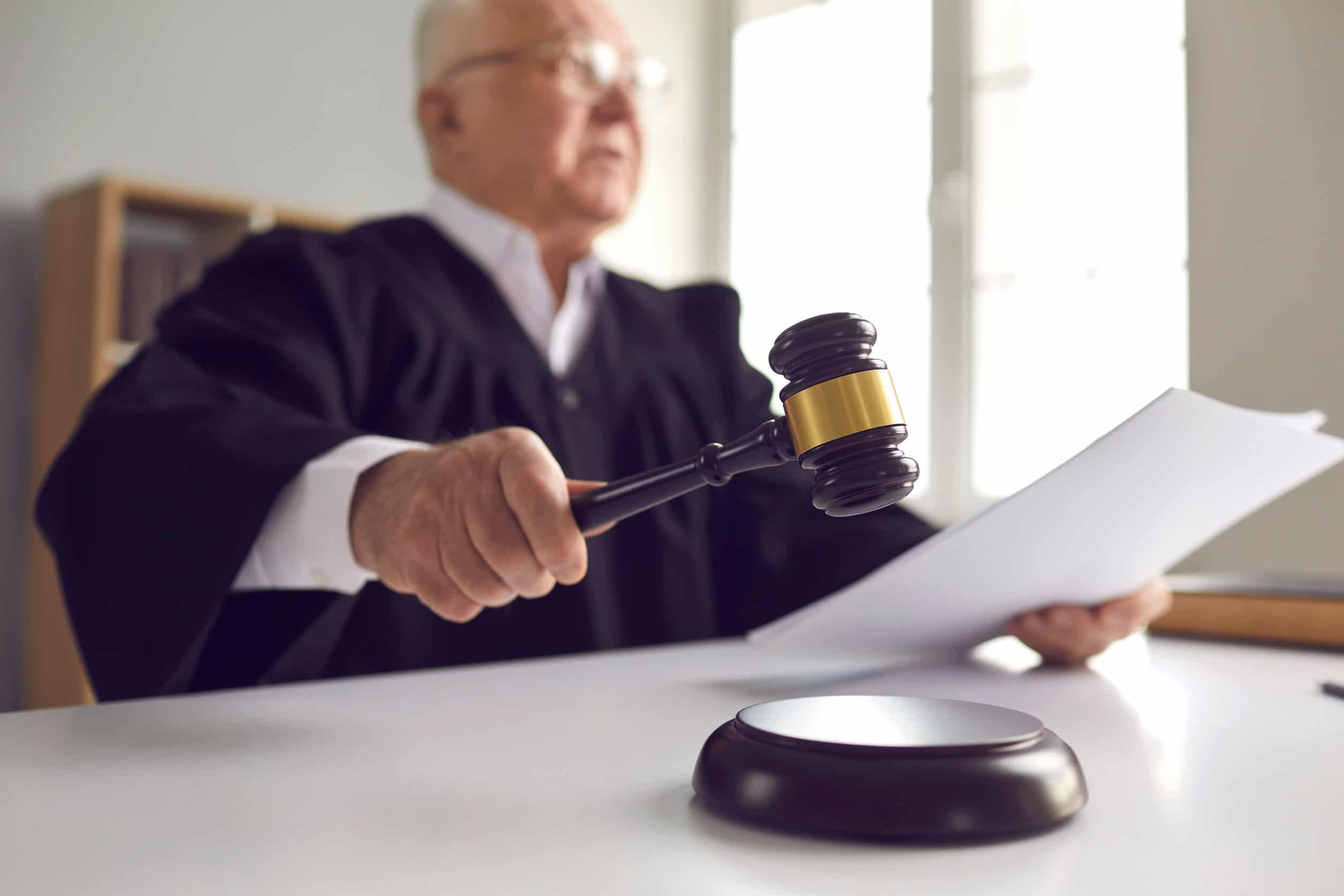Being accused of sexual assault is serious and can be very challenging to defend yourself against in court.
In North Carolina, managing the evidence you need in a trial can be very complicated, which is why an experienced attorney should be in your corner. Some cases involving sexual assault are won before the trial ever starts, by making sure some evidence cannot be admitted during the trial. But this strategy requires extensive knowledge of North Carolina’s laws, particularly a law referred to as the rape shield law.
What is the rape shield law and how can it impact a sexual assault case in the state? Read on to find out all you need to know.
Rape Shield Laws: What Are They?
In North Carolina, the rape shield law is categorized as a rule of evidence. It functions to limit testimony in a case involving rape. Basically, this law is meant to prevent defendants from bringing the past sexual behavior of the victim into the trial except in very limited situations.
What is considered to be sexual behavior according to the rape shield law? It can be:
- The virginity status of the victim
- Use of birth control
- How many sexual partners the victim has previously had
- Any specifics of past sexual encounters
- If they have a history of prostitution
- How fast they were intimate with previous sexual partners
- If they’ve ever had a sexually transmitted disease
The rape shield laws in the state do not prohibit conversations about sex or any accusations they may have falsely made in the past. Also, there are exceptions to the law.
Some evidence can be introduced, such as:
- Sexual encounters that have occurred previously between the defendant and the victim
- The past sexual behavior of the victim if it is used to demonstrate that the crime was committed by someone else
- Evidence that is used to establish expert testimony
- Evidence of a distinctive pattern of sexual behavior related to the version of events given by the defendant to show that they believe there was consent
Out of these four exceptions, the first two are most often used to the defendant’s advantage in cases involving sexual assault allegations. For example, the person accused of the crime may provide evidence to the court that they had previous sexual encounters with the victim, which may be able to demonstrate that there was consent given. Of course, this exception won’t be granted if the two parties didn’t know each other previously.
A hearing before the court will allow any evidence covered by the rape shield law into the trial. The jury won’t be a part of this court hearing, but it’s still vital that the right kind of evidence makes its way into your trial, so you have the best defense possible – which is exactly why you need an experienced lawyer on your side.
Penalties
If you are found guilty of first-degree forceable rape in the state of North Carolina, then you will be sentenced to at least 144 months behind bars as a result – but it could be as significant as life in prison. This demonstrates why it’s so important to find a skilled attorney to advise you of your rights at every step – and especially to formulate a proper defense if your case goes to trial.









